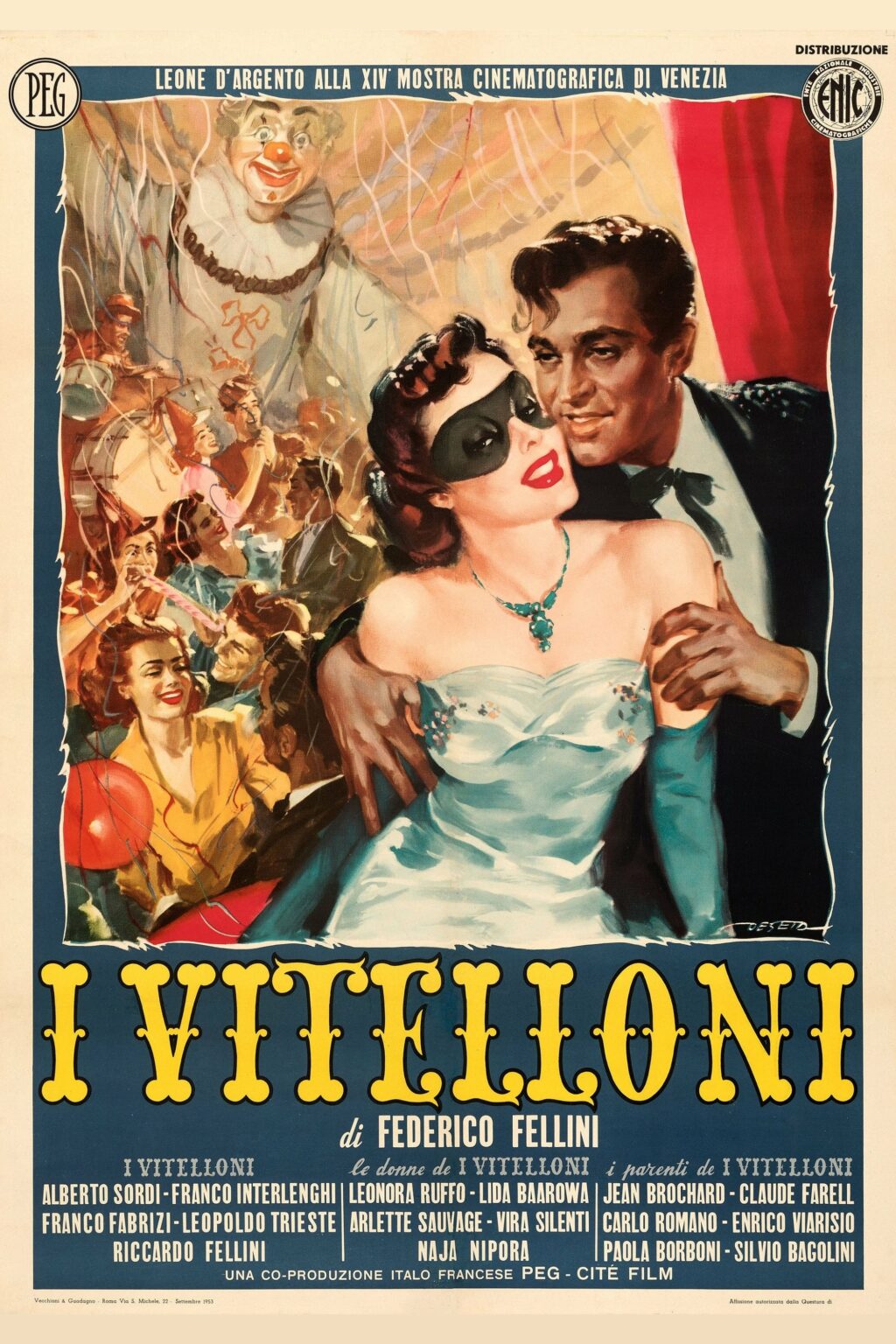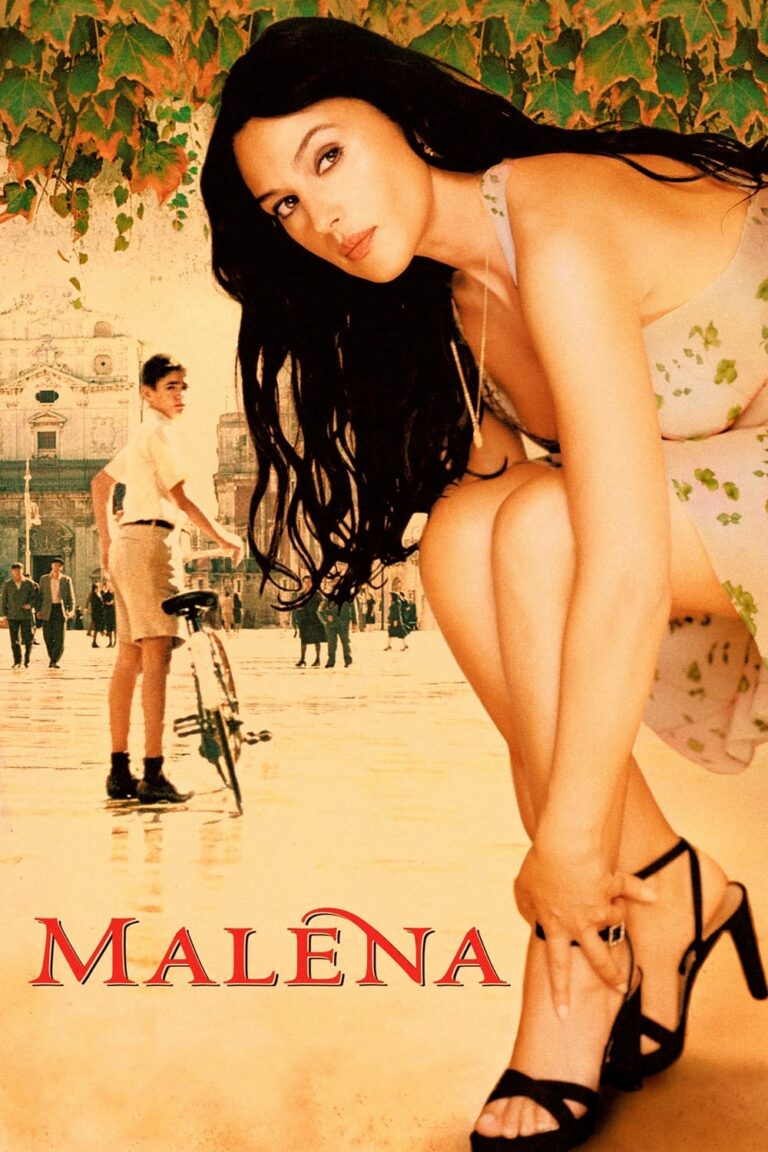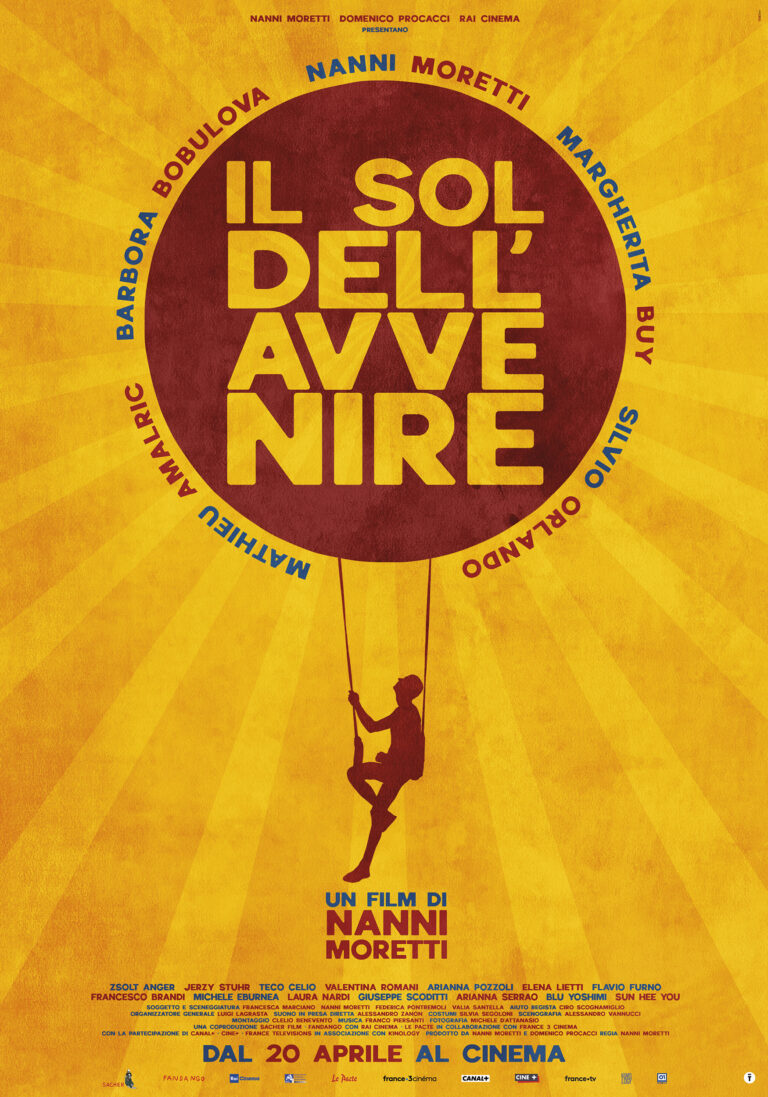
Released in 1953, Federico Fellini’s I Vitelloni is a cornerstone of Italian cinema, a semi-autobiographical work that examines the lives of five young men in a small provincial town. The film’s title, loosely translated as “The Young Bulls” or “The Idle Young Men,” encapsulates the aimlessness and ennui of its protagonists. With its blend of humor, melancholy, and sharp social commentary, I Vitelloni established Fellini as a major voice in world cinema and remains one of his most enduring works.
The Plot: A Snapshot of Small-Town Life
Set in an unnamed Italian coastal town, the film revolves around five friends on the cusp of adulthood, each grappling with their own ambitions, frustrations, and insecurities. The group includes:
- Fausto (Franco Fabrizi): A notorious womanizer forced into marriage after impregnating Sandra, the sister of one of the group members.
- Alberto (Alberto Sordi): A mama’s boy with a flair for drama and comedy but little ambition.
- Leopoldo (Leopoldo Trieste): An aspiring playwright dreaming of literary fame.
- Riccardo (Riccardo Fellini): The least defined of the group, representing the everyman.
- Moraldo (Franco Interlenghi): The quiet observer, often regarded as Fellini’s alter ego, who dreams of escaping the monotony of small-town life.
The film follows the friends over the course of a year, chronicling their misadventures and small triumphs while exposing their collective stagnation. Fausto’s marital indiscretions, Alberto’s comedic antics, Leopoldo’s ill-fated encounter with a theater director, and Moraldo’s quiet yearning for escape paint a vivid picture of young men caught between adolescence and adulthood.
Themes and Social Commentary
1. The Ennui of Small-Town Life
At its core, I Vitelloni is a meditation on the stifling nature of provincial life. The town, with its predictable rhythms and limited opportunities, becomes a microcosm of post-war Italy, where many young people found themselves trapped by societal expectations and economic constraints. The protagonists’ aimlessness reflects a broader generational struggle, making the film universally relatable.
2. Masculinity and Immaturity
The film critiques traditional notions of masculinity, portraying its male characters as immature and self-indulgent. Fausto’s infidelity, Alberto’s childish dependence on his mother, and Leopoldo’s naive aspirations underscore their inability to take responsibility for their lives. Fellini contrasts their behavior with the women in the story, who often display greater strength, resilience, and pragmatism.
3. The Desire for Escape
Moraldo’s eventual departure from the town represents the central tension of the film: the longing to break free from the past and pursue a different life. His quiet departure at the end is both hopeful and bittersweet, symbolizing the difficult but necessary act of moving forward.
Fellini’s Direction: A Blend of Realism and Poeticism
Fellini’s direction in I Vitelloni balances the realism of Italian Neorealism with the more personal, dreamlike style that would later define his career.
1. Neorealist Roots
The film’s depiction of ordinary lives, its use of non-professional actors for minor roles, and its focus on a provincial setting all align with the principles of Neorealism. However, Fellini diverges from the movement’s stark objectivity by infusing the story with humor, sentimentality, and introspection.
2. Poetic Symbolism
Fellini’s signature style is evident in moments of poetic symbolism, such as the carnival scene, where the carefree revelry contrasts sharply with the characters’ inner turmoil. These touches elevate the film from a simple character study to a universal exploration of human aspirations and disappointments.
Performances: A Showcase of Talent
The performances in I Vitelloni bring the characters to life with authenticity and charm.
- Franco Fabrizi as Fausto captures the arrogance and vulnerability of a man forced to confront his recklessness.
- Alberto Sordi, in a breakout role, delivers a comedic yet poignant performance as Alberto, balancing humor with moments of genuine pathos.
- Franco Interlenghi provides a quiet intensity as Moraldo, whose reflective nature serves as the film’s emotional anchor.
The ensemble cast’s chemistry adds depth to the friendships depicted on screen, making their interactions feel genuine and relatable.
Music and Cinematography
Nino Rota’s score for I Vitelloni is a standout element, blending lighthearted melodies with somber undertones to reflect the film’s shifting moods. Rota’s music enhances the emotional resonance of key scenes, from the joy of the carnival to the melancholy of Moraldo’s departure.
The cinematography by Carlo Carlini, Otello Martelli, and Luciano Trasatti captures the town’s atmosphere with a mix of sweeping vistas and intimate close-ups. The use of natural light and shadow adds a layer of realism, while the careful framing highlights the characters’ isolation and yearning.
Legacy and Influence
I Vitelloni was a critical and commercial success upon its release, earning the Silver Lion at the Venice Film Festival. It also established Fellini as a filmmaker of international stature, paving the way for masterpieces like La Dolce Vita and 8½.
The film’s influence can be seen in countless works that followed, including Martin Scorsese’s Mean Streets and George Lucas’s American Graffiti. Its exploration of aimless youth and the complexities of friendship continues to resonate with audiences around the world.
Why I Vitelloni Endures
Nearly seven decades after its release, I Vitelloni remains a poignant and relevant film. Its themes of ambition, stagnation, and the search for meaning are universal, transcending the specific cultural context of post-war Italy.
Fellini’s empathetic portrayal of flawed characters, combined with his ability to find beauty and humor in the mundane, ensures that I Vitelloni continues to captivate new generations of viewers.
Conclusion
Federico Fellini’s I Vitelloni is a timeless exploration of youth, idleness, and the human desire for something more. With its blend of realism, humor, and poeticism, the film captures the complexities of life in a way that is both deeply personal and universally relatable.
For anyone seeking a film that combines sharp social commentary with heartfelt storytelling, I Vitelloni is an essential experience—a masterpiece that reminds us of the importance of dreams, even in the face of life’s limitations.





